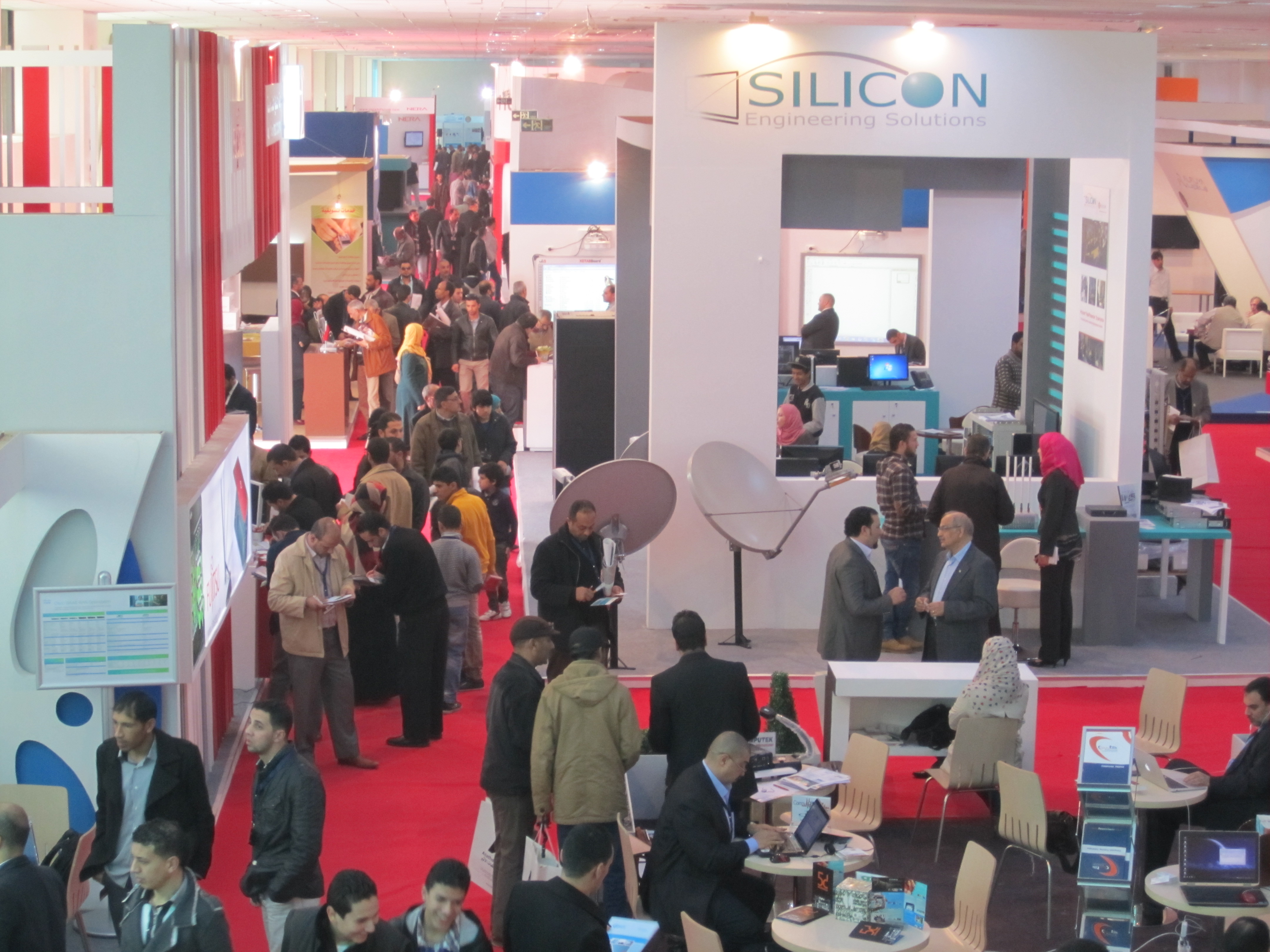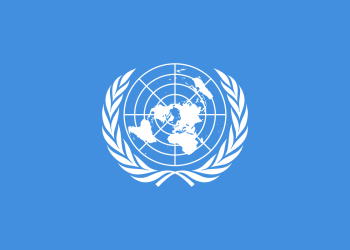By Tom Westcott.

Tripoli, 25 January 2013:
Taqnya, Libya’s seventh annual Telecommunication and Information Technology Exhibition, ran from the 21-24 January at the . . .[restrict]Tripoli International Fairground. Improving Libya’s poor internet connectivity and unreliable mobile networks was what everybody wanted to talk about.
Hatif Libya, the national carrier for all telephone lines in the country, told the Libya Herald that it was working on multiple projects to improve existing networks. “We have a big footprint in Libya,” said Haithem A Borgeg, Hatif’s Head of Marketing and Sales, “we are developing the communications infrastructure, laying 18,000 kilometres of optical fibre across the desert and along the coast.
“We are working on a huge undersea and underground optical fibre project at the moment,” Borgeg added, explaining that “although the undersea cables were installed in 2000, some of these were damaged during the revolution.” This project, he said, should be finished in February.
Al Jeel, one of the main internet service providers (ISPs) in Libya, and the only real competitor to LTT, also said it was working on the underground project. “The undersea line belongs to Hatif,” Atef Abdaliah Alaswad, Sales Account Manager for Al Jeel, told the Libya Herald, “but Al Jeel own one hundred percent of the underground line.”
He said that Al Jeel had invested some $200 million dollars into the Next Generation Network (NGN) line, which across the country, from Tunisia to Egypt. “Once we have the whole coast working,” Alaswad said, “we will launch LTE (long-term evolution) – otherwise known as 4G – and Libya will be one of the first countries in North Africa using LTE.”
WiMax, which currently provides 80 percent of Libya’s internet access and in which LTT has made a huge investment, was something of an elephant in the room. “The technology itself is unreliable,” Alaswad said, “people here don’t trust WiMax anymore.”
Chinese firm ZTE is currently installing over 300 new WiMax towers for LTT. Malik Shaban, deputy CEO of ZTE in Libya agreed that it was “an old technology,” but said it was “all they could offer” at this moment. “The contract has already been signed,” he added, “so the work must be resumed.”
Swedish telecoms firm Ericsson, which has been a big player in Libyan networks since signing a €58 million deal with Almadar in 2005, did not invest in the wireless system. “We considered WiMax,” Ericsson’s Fabio Mazzotti told the Libya Herald, “but we decided it wouldn’t fly. We believe that LTE is the way forward.” [/restrict]








